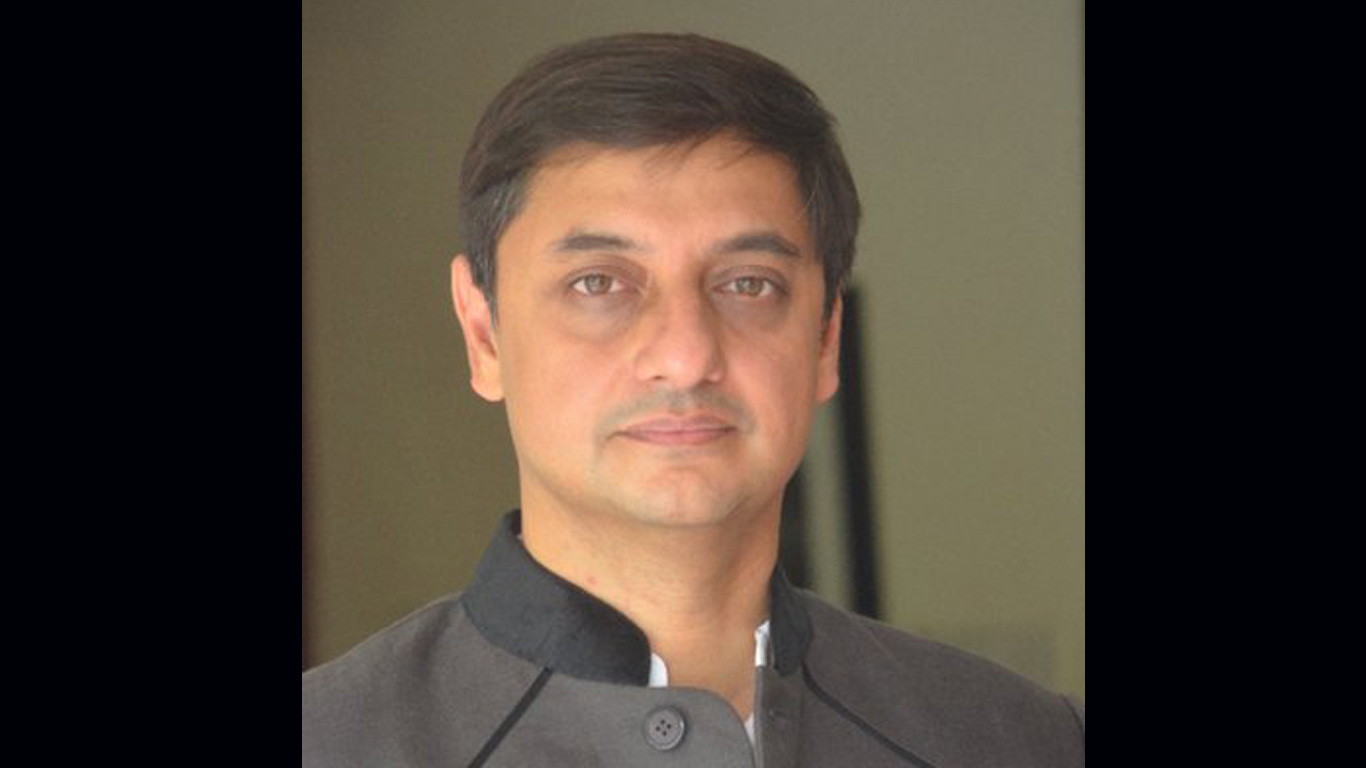The government did not set up a bad bank to address the bad loan problem of lenders as it would have ended up in a failure, Principal Economic Advisor Sanjeev Sanyal said on Wednesday.
The economic survey for 2016-17 had proposed setting up of a public sector asset rehabilitation agency, essentially a bad bank. However, the government has since relied on the new Insolvency and Bankruptcy Code (IBC) and National Company Law Tribunals (NCLT) to address cases of non-performing assets.
"If we had put in a bad bank, it would have been faster and we would have recapitalised the banks very quickly, but it wouldn't have resolved the central problem. We would have had a bad bank, which would have basically become another Board for Industrial and Financial Reconstruction (BIFR), a warehouses for dying enterprises... For variety of reasons, good or bad, it may have essentially failed," said Sanyal.
He was speaking at a investors conference organised by Motilal Oswal Financial Services.
He said that cleaning up the banking system remains the top priority and consolidation in the public sector banking space will be secondary.
He also clarified that the plan was to reduce the number of state-owned banks to around 10-15 and not 4-5 through the consolidation.
He said that while India was entering the phase of demographic transition and was likely to be in a sweet spot for 25-30 years, a reason the country was not entering into a vicious cycle of job creation leading to savings, which would in turn get sucked into the financial system and get deployed into investments was because the resources were deployed badly by banks as was evident from high NPAs. Therefore, the urgency to clean up the system.
The banking system has NPAs of close to Rs 9 lakh crore. The Reserve Bank of India had identified several accounts, which had huge non-performing assets. Many of these cases have been taken up at various benches of the NCLT for resolution under the IBC.
Sanyal said that they were aware of the fact that NCLT system was untested, but the problems that will arise will be fixed, even as cases progress.
"Our view is how else would you find out whether it (NCLT) works. The best way to create case laws, precedence is to take the cases through the process," he said.
He pointed to the case where insolvency proceedings were admitted against a developer in the national capital region by NCLT, but were stayed by the Supreme Court on plea of buyers who had paid for the flats, but never got possession.
"The people who had bought flats are also stakeholders in this process and they are inadequately brought in through the current legislation as there are problems between the bankruptcy legislation and other regulations like Real Estate Regulatory Authority (RERA), consumer protection etc. This will be fixed. But the only way you are going to find out these issues is by wading in," said Sanyal.
The process of passing laws and then addressing issues through feedback had helped the government carry out reforms much more than imagined and more were being planned.
He admitted that the Goods and Services Tax implemented from July 1 needs to be simplified, and the issues that arise would be addressed.
"It is more complicated than we would have liked it to be, but there were certain compromises that had to be made. Once, the central and state governments are more comfortable with the system, it will be simplified," said Sanyal.
Unlike one or two tax slabs in most countries that have GST, India has multiple slabs and surcharges, which have been criticised by many.
Sanyal added that the government was "overwhelmed" by the feedback, but all the issues would be fixed along the way one piece at a time.
He also told the gathering that the privatisation of Air India would be done in 12 months or less.
"We have a rough idea of (how it will be privatised) and we have some of our best minds working on how it will be done," he said.
Later, when asked about what would happen to demographic dividend if there were not enough jobs being created, he said the government was aware of the problem and therefore a lot of effort was being put in skills development and education department.
Addressing the NPA problem, GST would also help in expanding the domestic market and help in increasing investments, which could then create more employment opportunities.






